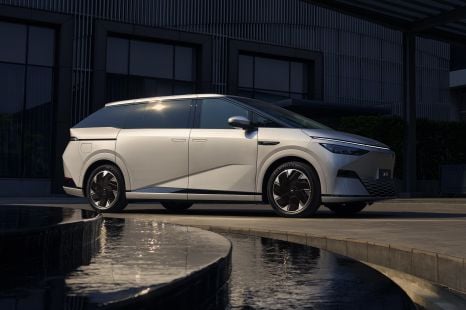

William Stopford
Will 2026 be the year of the people mover in Australia? China seems to think so
17 Hours Ago

Senior Contributor
An Australian law firm has sensationally launched a class action against market-leading car company Toyota, alleging it used the same type of diesel defeat devices that set off the Volkswagen ‘dieselgate’ saga in vehicles such as the HiLux and LandCruiser.
Toyota Australia, seemingly flummoxed, says it rejects the claims and will defend the class action in Victoria’s Supreme Court “rigorously”.
The mooted class action is in no way related to another headline-making class action centring on Toyota’s faulty diesel particulate filters (DPFs), the legal basis for which stems from a recent Federal Court decision that found against the carmaker – which it has since appealed.
MORE ON THAT: Toyota DPF class action, what’s the latest?
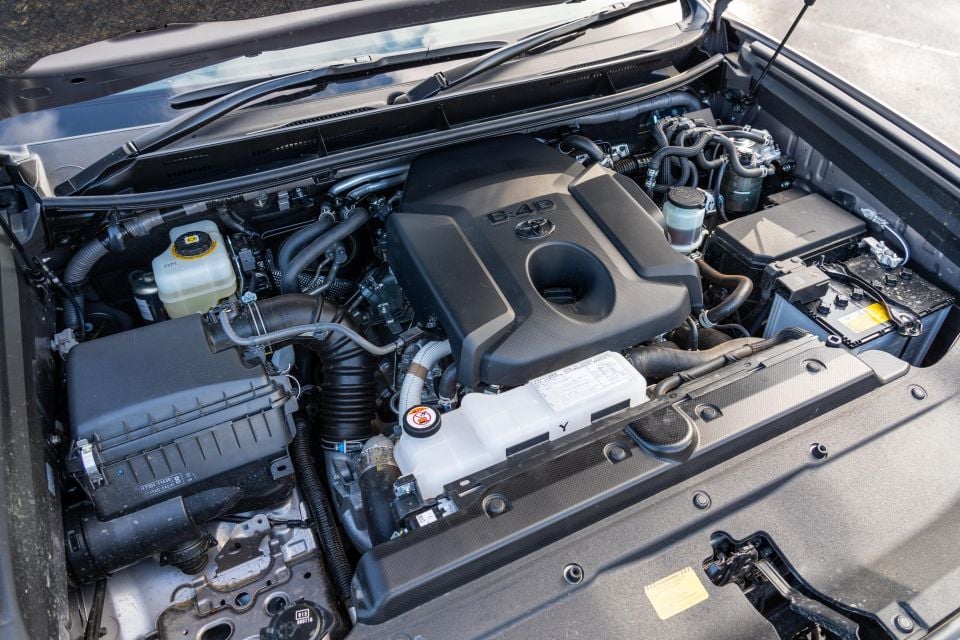
Instead, law firm Maddens Lawyers alleges Toyota Motor Corporation Australia Limited “manufactured and sold hundreds of thousands of diesel vehicles to Australian consumers that possess engine design features commonly known as ‘defeat devices’”.
These electronic devices tamper with the vehicle’s emissions control system, so they perform differently in lab tests than they do on (or off) the road. The result in Volkswagen’s case were vehicles that emitted far more nitrogen oxide in reality than claimed.
Toyota Australia says it rejects the basis of the claim utterly, and that it “stands by its reporting, monitoring and evaluation standards in relation to the emissions for all its vehicles”.
“We will defend the class action announced today rigorously,” it added, saying it had nothing more to add given the matter would soon be before the courts.
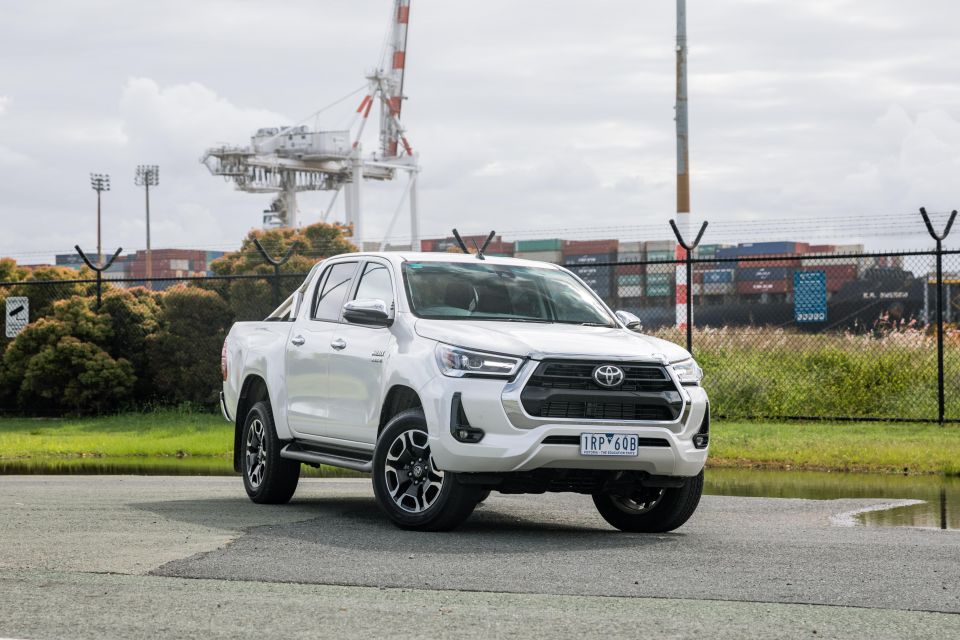
It’s not entirely clear what Maddens Lawyers is basing its claim on, given it isn’t citing a scientific study into TMC’s emissions in its media correspondence. However, Toyota’s Hino truck division overseas recently admitted it falsified engine performance data.
We reached out to Maddens Lawyers on this, and await a reply.
The class action alleges when obtaining regulatory approval for diesel cars to be sold on the Australian market, Toyota engaged in conduct which was misleading and deceptive. It is also alleged affected vehicles do not meet the standards set by Australian Consumer Law.
“If the Court finds that Toyota has been using ‘defeat devices’ then there are literally hundreds of thousands of people driving a car that simply should have never been allowed on our roads,” said Maddens Special Counsel Brendan Pendergast in a supplied statement.
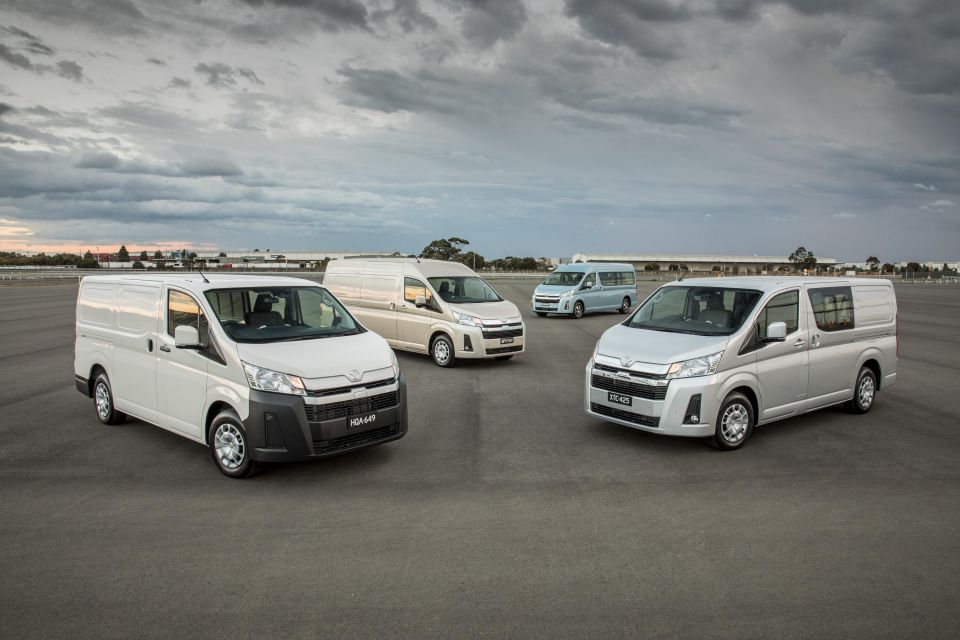
The statement added the firm was “aware of an unconnected claim against Toyota, which relates to a defect with the diesel particulate filter”, saying this separate claim does not extend to Toyota’s use of defeat devices.
“The allegations in the Maddens’ class action concerning the use of defeat devices are a much broader issue and impacts a larger range of Toyota cars,” the firm claims.
Claimed vehicles affected include:
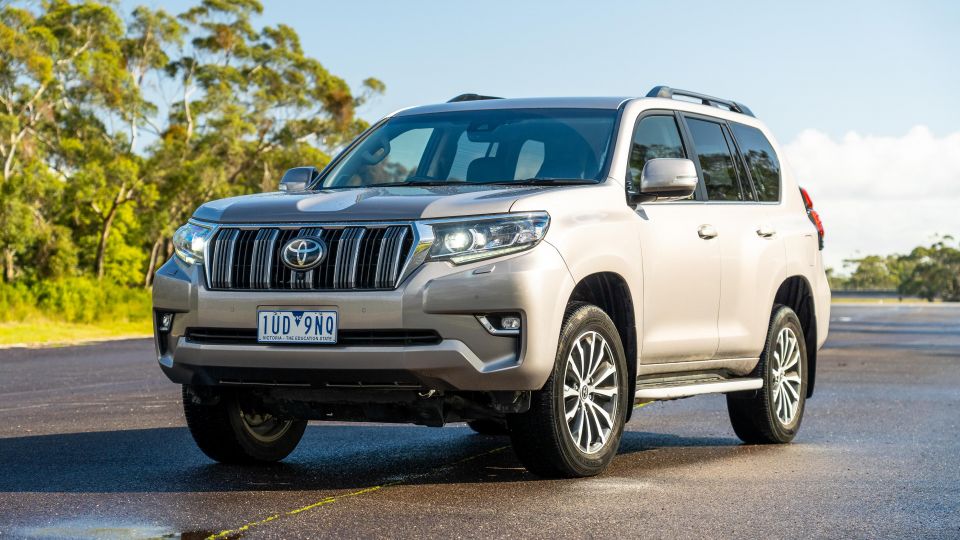
Owners of allegedly affected vehicles made after February 2016 are said to be eligible to join the class action, which is being advanced by lead plaintiff Adam Rowe, on behalf of up to 500,000 allegedly affected owners.
“This could completely overshadow VW’s dieselgate scandal. This class action is one of the biggest claims in Australia’s legal history. It could result in each participant receiving tens of thousands of dollars of compensation,” claimed Special Counsel Mr Pendergast.
Maddens and Mr Rowe are being supported by environmental, social and governance litigation firm Woodsford.
MORE: Toyota DPF class action, what’s the latest? MORE: Toyota appeals Federal Court finding as DPF class action looms MORE: Toyota Australia faces payouts as Federal Court finds DPFs faulty
Where expert car reviews meet expert car buying – CarExpert gives you trusted advice, personalised service and real savings on your next new car.


William Stopford
17 Hours Ago
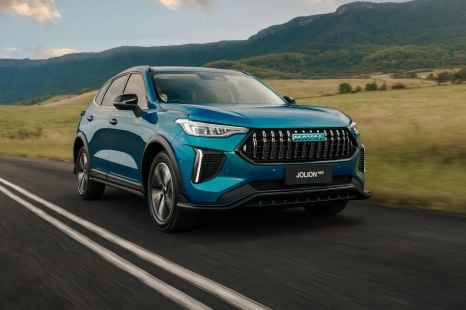

Max Davies
18 Hours Ago
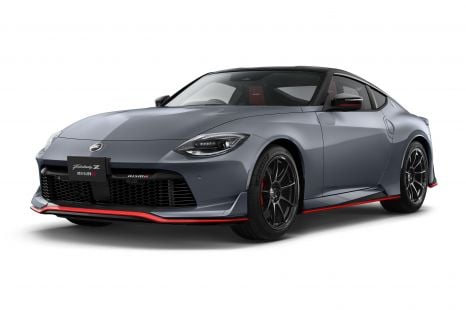

Derek Fung
19 Hours Ago
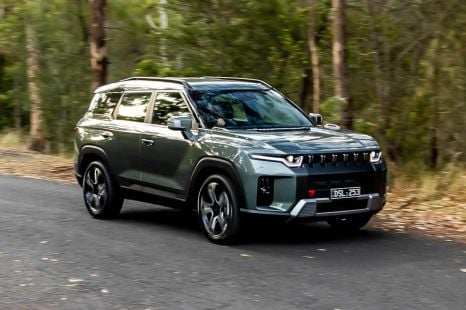

Matt Campbell
1 Day Ago


Ben Zachariah
2 Days Ago
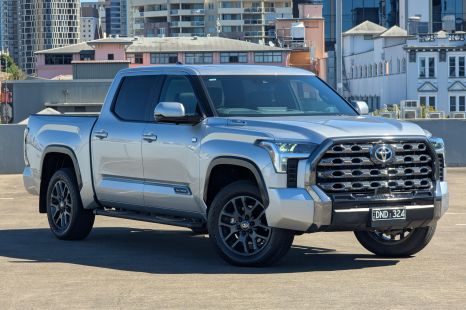

Damion Smy
2 Days Ago